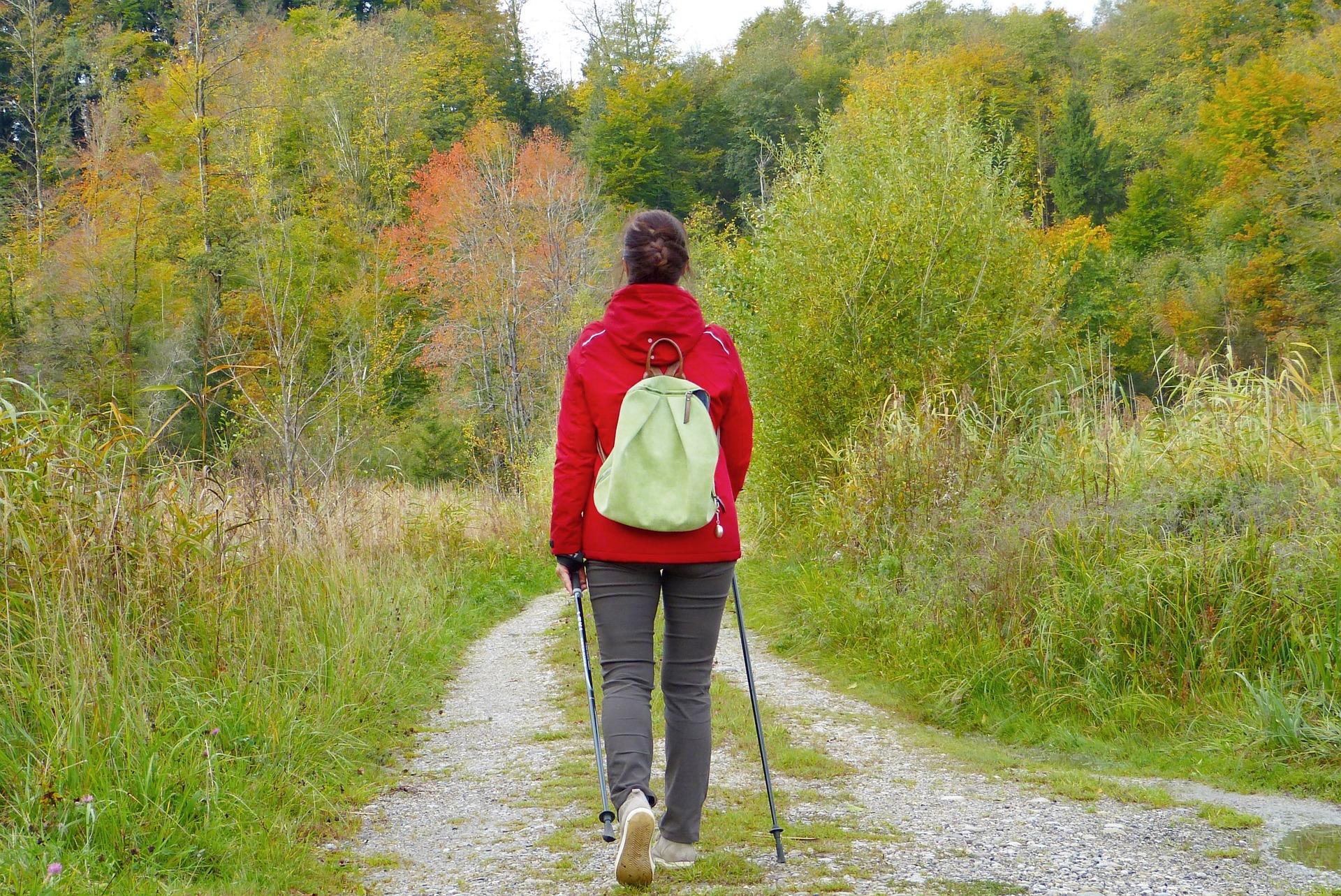Living with a mental illness can be challenging, but it doesn’t have to be debilitating. In fact, with the right tools and resources, adults with mental illness can learn to live independently and thrive in their communities. Unfortunately, there is still a stigma attached to mental illness that can prevent individuals from seeking the help they need.
That’s why it’s important to break down those barriers and encourage people to develop their independent living skills. By learning skills such as budgeting, time management, and self-care, individuals with mental illness can gain a sense of empowerment and control over their lives. In this article, we’ll explore how independent living skills can benefit adults with mental illness, and how we can work together to break the stigma and create a more inclusive society.
The Stigma Surrounding Mental Illness and Independent Living
Mental illness is often stigmatized because it is misunderstood. The stigma can lead to discrimination and general mistreatment, making it difficult to build a stable and fulfilling life. Moreover, the stigma can make it challenging for individuals with mental illness to seek help or even acknowledge that they need help.
One of the most significant challenges that individuals with mental illness face is the lack of awareness about the resources and support available. Many people with mental illness are not aware of the services and programs that can help them develop the skills they need to live independently. This is why it’s essential to promote awareness of independent living programs and resources.
Benefits of Independent Living Skills for Adults with Mental Illness
Developing independent living skills can have a significant impact on the lives of individuals with mental illness. Independent living skills can help individuals manage their symptoms, build confidence, and achieve their goals. Some of the benefits of independent living skills include:
- Improved Self-esteem and Confidence – When individuals learn how to take care of themselves, manage their finances, and navigate their communities, they gain a sense of control over their lives that can improve their self-esteem and confidence.
- Better Mental Health – Developing independent living skills can lead to better mental health outcomes for those struggling with mental illness. By learning to manage their symptoms, engage in self-care, and build supportive relationships, people can reduce the impact of their mental illness on their lives and improve their overall well-being.
- Greater Sense of Purpose and Fulfillment – Independent living skills can help individuals with mental illness achieve their goals and pursue their passions. When individuals have the skills they need to manage their lives, they can focus on their personal and professional goals, which can lead to a greater sense of purpose and fulfillment.
Strategies for Developing Independent Living Skills
There are several strategies that those with mental illness can use to develop independent living skills. A few examples include:
- Start Small – Developing independent living skills can be overwhelming, so it’s essential to start small. Individuals can begin by identifying a few skills they want to develop and creating achievable goals for themselves. For example, an individual might start by learning how to cook a simple meal or balance their checkbook.
- Seek Out Support – People don’t have to develop independent living skills by themselves. There are many support resources available, including mental health professionals, peer support groups, and community programs. These resources can provide guidance, encouragement, and accountability as individuals work to develop their skills.
- Practice, Practice, Practice – Patience is not only a virtue, but it’s essential for those struggling with mental health when developing independent living skills. Consistent practice can help people build confidence and master these skills.
Resources for Independent Living Skills Training and Support
There are many resources available to help individuals with mental illness develop independent living skills. Below you’ll find some examples:
- Mental Health Professionals – Mental health professionals can provide guidance and support to individuals with mental illness. These professionals can help individuals develop coping strategies, manage their symptoms, and improve overall well-being.
- Community Programs – Many communities offer programs and services designed to help individuals with mental illness develop independent living skills. These programs may include life skills training, vocational training, and peer support groups.
- Online Resources – There are many online resources available to help individuals with mental illness develop independent living skills. These resources may include articles, videos, and interactive tools that can help individuals learn new skills and practice them in a supportive environment.
The Role of Family and Community Support in Promoting Independent Living
Family and community support can play a significant role in promoting independent living for individuals with mental illness. Below are some ways that family and community members can support individuals in this position:
- Encourage Independence – Family and community members are essential in encouraging individuals with mental illness to develop independent living skills and pursue their goals.
- Provide Practical Support – Family and community members can provide practical support to individuals with mental illness. This might include helping with household tasks, providing transportation, or offering emotional support.
- Advocate for Increased Access to Resources – Family and community members can advocate for increased access to resources and support for individuals with mental illness. This might include advocating for more funding for mental health programs, supporting mental health legislation, or volunteering for mental health organizations.
Advocating for Increased Access to Independent Living Resources
Advocating for increased access to independent living resources is vital for promoting the well-being of individuals with mental illness. Here are some ways that individuals can advocate for increased access to resources:
- Join Advocacy Organizations – Joining advocacy organizations can be a powerful way to advocate for increased access to independent living resources. These organizations can provide support, guidance, and resources to individuals who want to make a difference in their communities.
- Speak Out – Speaking out about the importance of independent living resources and mental health services can help raise awareness and promote change. Individuals can share their personal stories, write blog posts, or participate in community events to raise awareness and promote change.
How SoCal Empowered Can Help
Independent living skills can be a game-changer for individuals with mental illness. By developing these skills, individuals can gain a sense of empowerment and control over their lives, improve their mental health and well-being, and achieve their goals. However, achieving independent living can be challenging, and individuals with mental illness may face significant barriers. By breaking down the stigma surrounding mental illness, promoting education and awareness, and advocating for increased access to resources, we can create a more inclusive society where individuals with mental illness can thrive.
SoCal Empowered is a team of Orange County mental health professionals who have been helping those who stay with us learn these skills since we opened our doors. Ours is an approach designed not only to help those who are suffering deal with their mental illnesses, but also to work with them such that they have the best chance possible to manage their lives after their stays with us end.
If you’d like to hear more about how we strive towards this goal, feel free to contact us at any time.




